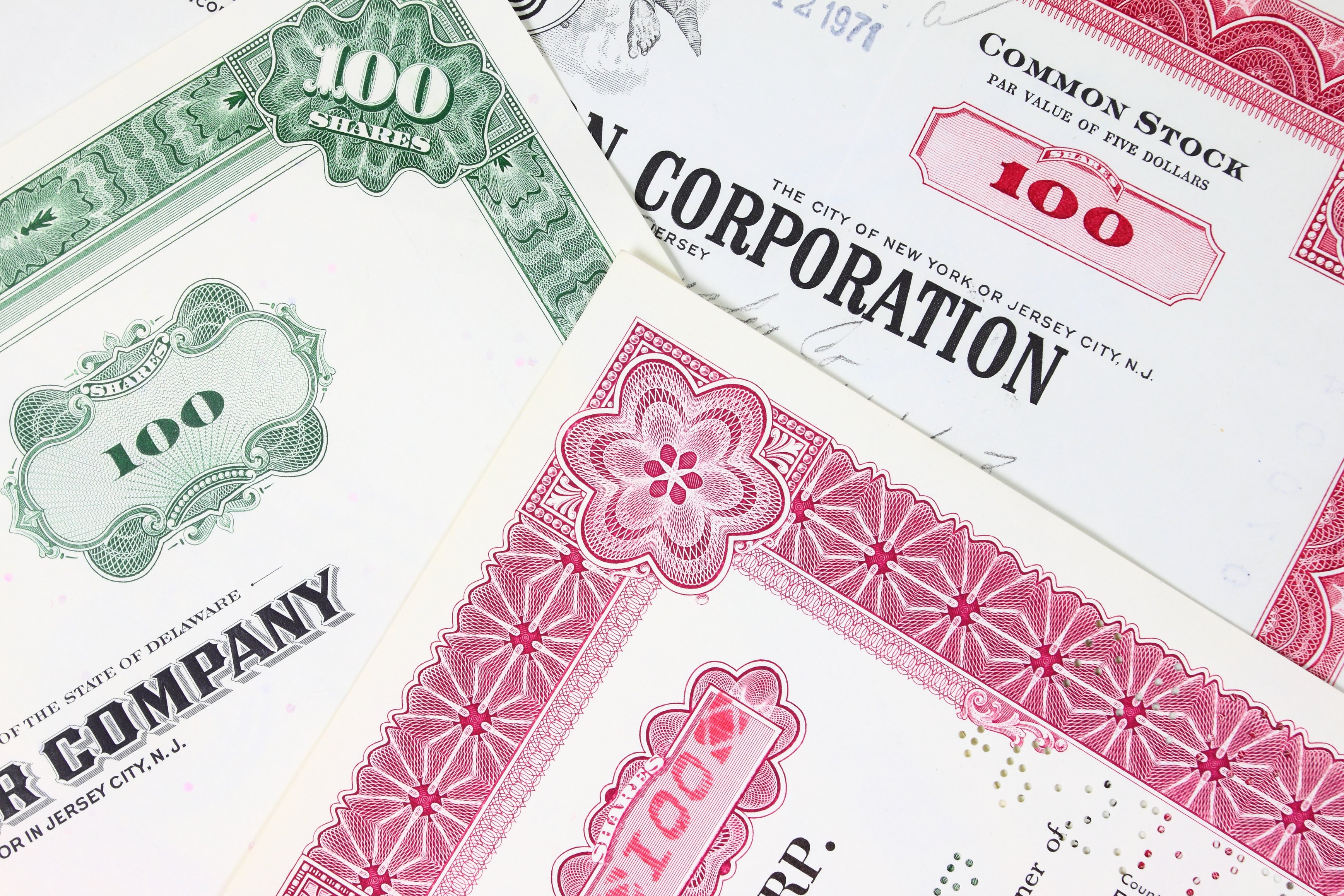Well-managed companies don't always make for good investments. Pharmaceutical powerhouse Eli Lilly (NYSE:LLY) is a good example of this, considering its premium-priced valuation is not justified by the risks inherent in its stock and potential.
Risky, risky, riskyEli Lilly's operating history dates back to the nineteenth century. Historically it has been one of the best-performing pharmas, but past performance is no guarantee of future success. With over 25% of its revenues concentrated in one compound, antipsychotic drug Zyprexa, there are many risks with the company that could sink its shares.
Since its approval in 1996, Zyprexa has become the top-selling drug to treat schizophrenia and a host of similar disorders. Last year alone, Lilly reaped $4.4 billion in revenue from the compound, with sales up only 4% for the year. Unfortunately, with such reliance on this compound comes a boatload of risk, considering that Lilly's Zyprexa patents are being challenged in multiple jurisdictions by several large generic drugmakers.
Gauging the outcome of these patent litigation cases are often difficult, but investors looking to see what generic competition can do to a big pharma's top line only need to look at how Bristol-Myers (NYSE:BMY) and Sanofi-Aventis (NYSE:SNY) have fared after their lead compound faced generic competition last year. Zyprexa's patents are secure in the U.S. until 2011 but they still are being challenged in several places in the rest of the world, which accounted for more than $2 billion of Zyprexa's sales and 15% of Lilly's overall revenues.
Beside the challenges to the patents protecting its top drugs like Zyprexa, Lilly is subject to several product liability class action lawsuits, government investigations into its billing practices, and other pieces of litigation. Zyprexa product liability claims have already cost it over $1 billion in settlements. One could argue that this is just part of the cost of doing business as a big pharma, but all it takes is a few massive settlements or lost court cases and Lilly's $2.7 billion in profits last year could take a big hit in a flash.
Not only is Lilly threatened by generic competition on Zyprexa, but there is also the threat of competitors developing more efficacious and safer atypical antipsychotics. For example, Vanda Pharmaceuticals' (NASDAQ:VNDA) iloperidone, which may have an improved side effect profile compared to Zyprexa, could gain regulatory approval next year.
Valuation does matterIn the past two years, Lilly's top-line growth has been very pedestrian, growing in the mid-single digit percentage points. This is not good, considering that in the next six years Lilly will lose patent protection on a host of its top compounds accounting for more than half of its nearly $16 billion in revenue. No pharma would have an easy time filling in this kind of gap in future sales, and Lilly can only go so far with acquisitions like its $2 billion buyout of ICOS last year.
Looking at its valuation, Lilly trades at a premium compared to its other big pharma peers. While no article of this length can entail a full-fledged valuation analysis, whether you are looking at Lilly's dividend yield or price-to-free cash flow ratio, nothing is cheap about its shares on a relative basis.
P/FCF* | Dividend Yield | |
|---|---|---|
Eli Lilly | 23.1 | 2.9% |
Pfizer (NYSE:PFE) | 12.4 | 4.3% |
Johnson & Johnson (NYSE:JNJ) | 15.9 | 2.6% |
Merck (NYSE:MRK) | 19.8 | 2.8% |
With its modest top-line growth potential (at best) in the near-term and patent expirations in the coming years, Lilly doesn't deserve these premium valuations.
It's usually the unexpected events that end up doing in investors and putting their portfolios in the red. I don't think shares of Eli Lilly are terribly overpriced at this level, but neither are they undervalued. Considering the individual product risk with Zyprexa, macro healthcare issues, risks specific to Lilly, and other risks inherent in the pharma sector, I'd want a much bigger discount before I'd consider investing in shares of this pharma. After all, it could only take one negative FDA regulatory decision or unexpected jury decision to send shares of Lilly lower. Exuberant Lilly bulls beware!
Wait! You're not done with this Duel. Go back and read the other arguments, then vote for a winner.
Fool contributor Brian Lawler once wrestled bears at fairs and does not own shares of any company mentioned in this article. Eli Lilly and Johnson & Johnson are Income Investor recommendations. Pfizer is an Inside Value selection. The Fool has a disclosure policy.








